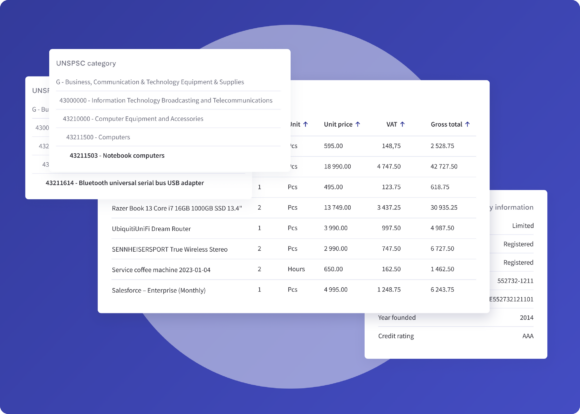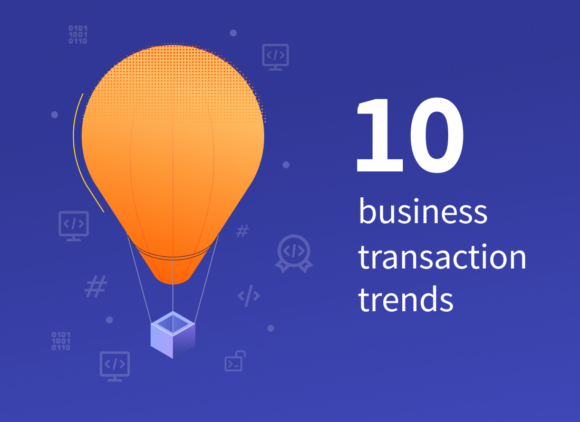Transactions, technologies and trends
Category: Digital transformation
Digital transformation refers to the comprehensive integration of digital technologies, processes, and strategies into all aspects of an organization’s operations, culture, and customer interactions. It represents a fundamental shift in how businesses leverage technology to enhance efficiency, innovation, and customer experiences in today’s fast-paced, technology-driven world.
Key aspects of digital transformation include:
- Technology adoption: Digital transformation involves the adoption of cutting-edge technologies such as cloud computing, artificial intelligence, data analytics, Internet of Things (IoT), and automation. These technologies optimize operations, enable data-driven decisions, and create new opportunities for growth.
- Operational efficiency: Businesses streamline and automate processes to eliminate bottlenecks, reduce manual intervention, and enhance productivity. This often leads to cost savings, faster time-to-market, and improved resource allocation.
- Customer-centric approach: Digital transformation places customers at the center by leveraging data to gain insights into their preferences and behaviors. This enables businesses to tailor products, services, and interactions to meet customer expectations.
- Innovation and agility: Embracing digital technologies fosters a culture of innovation and adaptability. Companies can quickly respond to market changes, experiment with new ideas, and launch products or services more rapidly.
- Data-Driven Insights: Digital transformation emphasizes data collection, analysis, and interpretation. This data-driven approach allows organizations to uncover trends, predict future outcomes, and make informed decisions.
- Ecosystem collaboration: Businesses collaborate within digital ecosystems, partnering with other organizations, startups, and technology providers to co-create value and tap into specialized expertise.
- Employee empowerment: Modernizing tools and processes equips employees with resources to work more efficiently and collaboratively. This improves job satisfaction, employee engagement, and overall performance.
- Change management: Successful digital transformation requires change management strategies to ensure that employees at all levels embrace and adapt to new working methods.
- Cybersecurity and privacy: As digital operations expand, cybersecurity and data privacy become critical components of transformation efforts to safeguard sensitive information and maintain customer trust.
Digital transformation is not just about implementing technology; it involves a strategic overhaul of business models and mindsets. Organizations that proactively embrace this transformation remain competitive and relevant in the digital age, while those that resist risk being left behind in an increasingly interconnected and dynamic business landscape.
Read our articles about the digital transformation of financial processes for inspiration to develop your business.

In today’s data-driven world, businesses constantly seek innovative ways to extract value from their vast amounts of information. One valuable asset that often goes untapped is structured business data.

The logic in the transaction process changes along with the increased adoption of electronic business messages and more sophisticated use of business message types. …

The B2B transaction landscape is facing significant changes in the coming years. For example, the digitization of order management, and a shifting emphasis from …

Peppol, the open exchange network for business documents, has quickly become the international standard for B2B and business-to-government transactions, specifically e-invoicing and e-orders. Our …

Corporate resilience is all about ensuring it’s business as usual when the unexpected happens — or in a state of emergency. In many ways, …
